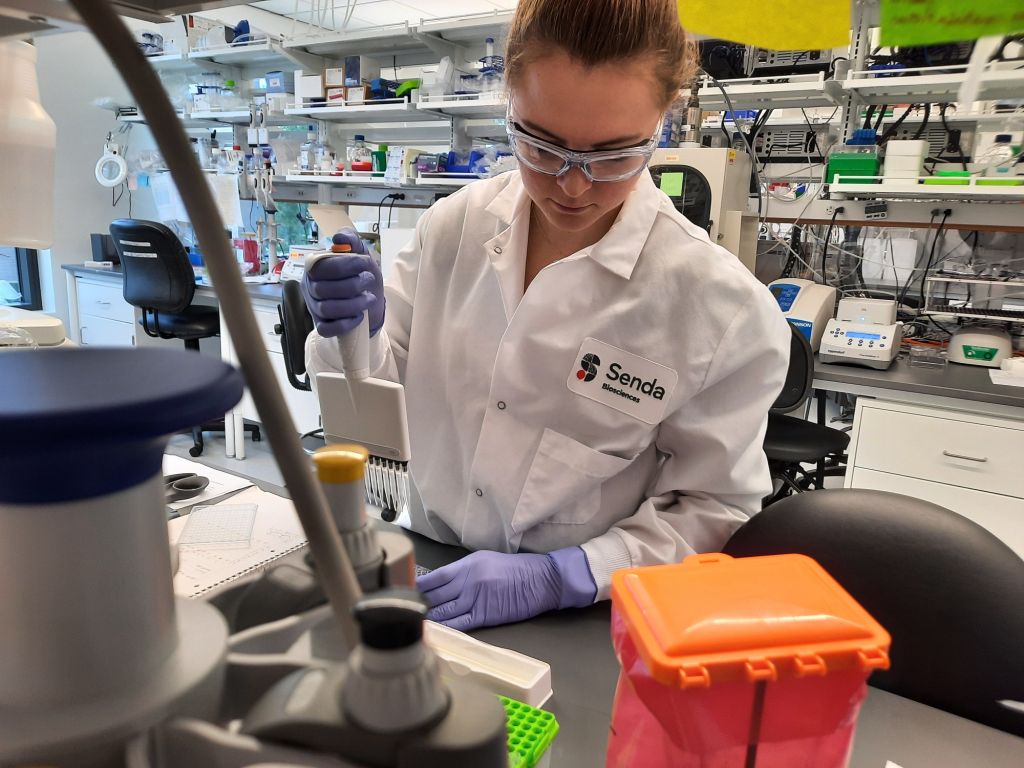Human beings have notably proven their excellence across many different areas, but if we care to be honest for a second, there is nothing we do better than growing on a consistent basis. This skill, in particular, has allowed us to hit upon some huge milestones along the way, with one strong piece of representation coming from an idea called technology. Now, while technology’s credentials as a standout surely stem from its unprecedented skill-set, they are also, at the same time, inspired by the manner in which those skills were utilized. In fact, the latter element did a lot to give the creation a spectrum-wide presence. Such a dynamic, like you can guess, will go on to produce beneficiaries all over the spectrum, including the one in our healthcare sector. Technology’s linkup with healthcare was a pivotal moment in the tech revolution, considering it came exactly when the sector was struggling to hold up against an outdated structure. The stated reality will, of course, change dramatically over time. Nevertheless, even after ushering us into a completely new era, the famous medtech concept will continue to deliver in one capacity or the other. This pattern should only get stronger on the back of a recent funding.
Senda Biosciences, a biotech startup based in Cambridge, Massachusetts, has successfully secured over $123 million in Series C financing. The round, which saw various participants, including the Samsung Life Science Fund, Quatar Investment Authority, Bluwave Capital, Stage 1 Venture, Alexandria Venture Investments, Longevity Vision Fund, Mayo Clinic, Partners Investment, and the State of Michigan Retirement System, is expected to fund the company’s bid of developing ‘programmable medicines’. By programmable medicines, we are referring to an approach that is centered upon two main components. The first is supposed to guide the therapy to a specific part of the body, while the other one will share what needs to be done once it gets there. This will be made possible by Senda Atlas, which is basically a map constructed from more than 50,000 information molecules. As per the envisioned system, these molecules will generate extensive insights for a nanoparticle therapeutic to infer, and consequentially, get on with the outlined task.
“The enormous therapeutic promise of information molecules, such as mRNA, siRNA, and gene editors—which enable programming within cells of interest—has yet to be realized, owing in part to an inability to program to cells of interest,” said Guillaume Pfefer, CEO of Senda Biosciences. “Senda’s extensive body of preclinical data in small and large animals, and across a range of disease models, shows that by combining these programmed nanoparticles with information molecules, we can program within and to cells.”
At the moment, Senda is understood to be working on 3 different programs that cover cardiovascular conditions, metabolic disease, and cancer. Armed with new cash, the biotech will hope to expedite their timeline, nominate the first batch of drug candidates, and bring them all to clinic to by 2024.



















